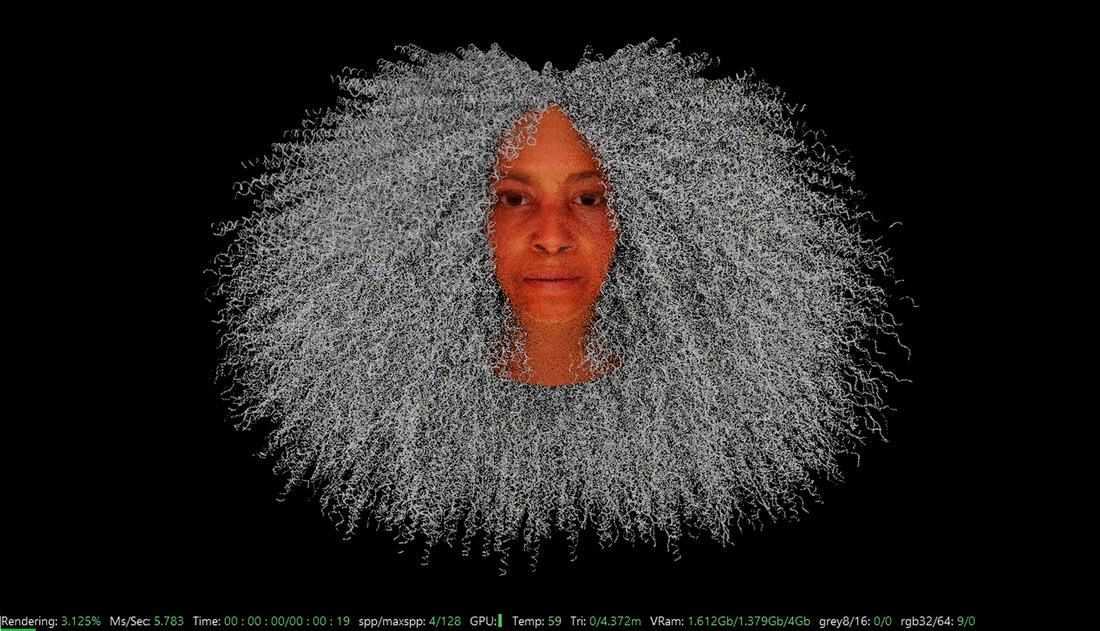
What do artists fear—and what are they fighting for—in a time of technological upheaval? This urgent line of questioning is at the forefront of programming at DEMO2025, the annual festival from NEW INC, the New Museum’s incubator for individuals working at the cutting edge of emergent culture.
Hosted at Water Street Projects in Lower Manhattan, the public event offers an abundance of showcases, including on-site augmented reality experiments and new models of collective storytelling. (Daytime events are free; nighttime events are ticketed.)
To ring in the festival, CULTURED asked a handful of NEW INC alumni—Idris Brewster, Mindy Seu, Stephanie Dinkins, LaJuné McMillian, and the MSCHF Collective—which technological development they find most concerning as artists, and which they believe offers the most potential. Their answers reveal a community reckoning with surveillance, attention economies, and extractive systems, as well as one imagining radical alternatives rooted in collectivity and world-building.
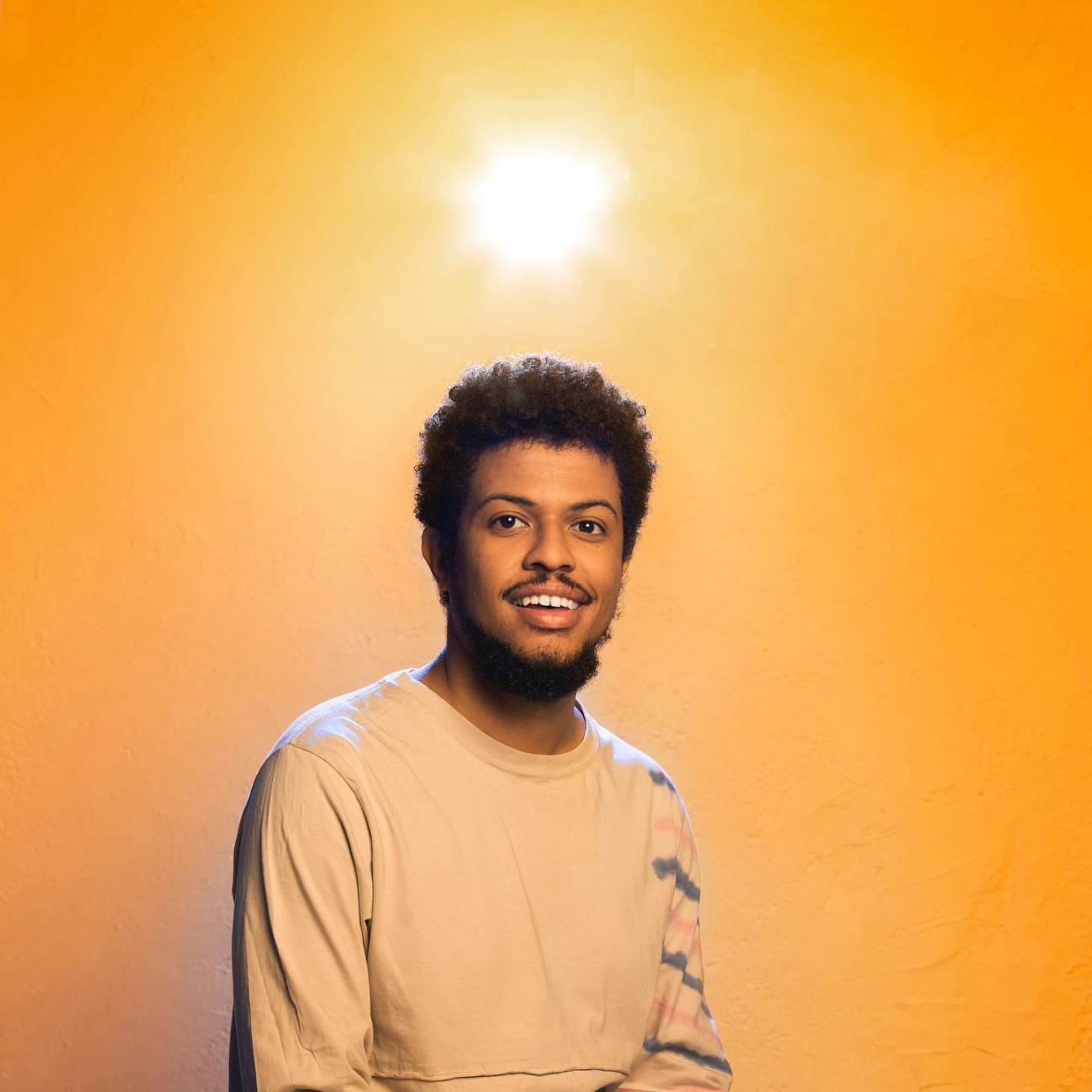
Idris Brewster, founder of Kinfolk Tech
“It is hard not to discuss A.I. as a concerning development. In our current capitalist system, A.I. significantly enhances the state’s ability to surveil, extract, and placate the people. While it claims to democratize art, it is creating a homogenized system that is leading to a lack of creativity. In this A.I.-populated creative society that we’re going to be living in, it will allow true art to stand out and flourish. However, if not used correctly, it will dull the capacity of creative thinking among the majority of the population.
On the other hand, I see augmented reality as a very promising technology. It is one of the only technologies that has the capacity to connect people to their environment, to nature, and the world around them. As an artist and technologist, I’m very interested in how technology can be used to enhance our relationship with the earth, with our communities, and with the collective around us.”
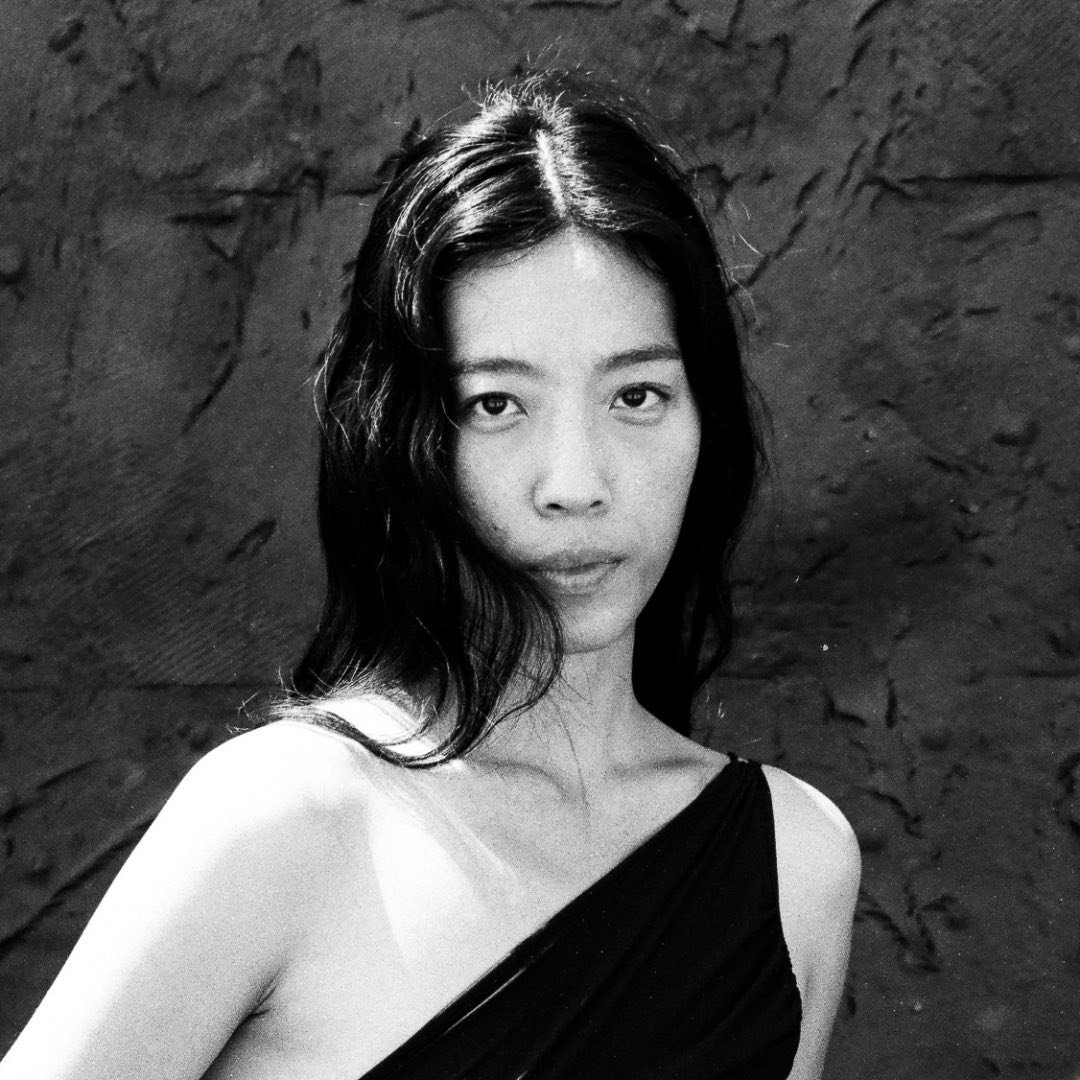
Mindy Seu, author of Cyberfeminism Index and UCLA professor
“These days, I’ve observed the rapid dissolution of funding streams—this is concerning. It seems like grants, donations, and fundraising are quickly being reduced to private donors. There’s potential for this, but the transition will be bumpy and it’ll be more difficult for less sellable work—like the digital, ephemeral, and performative.”
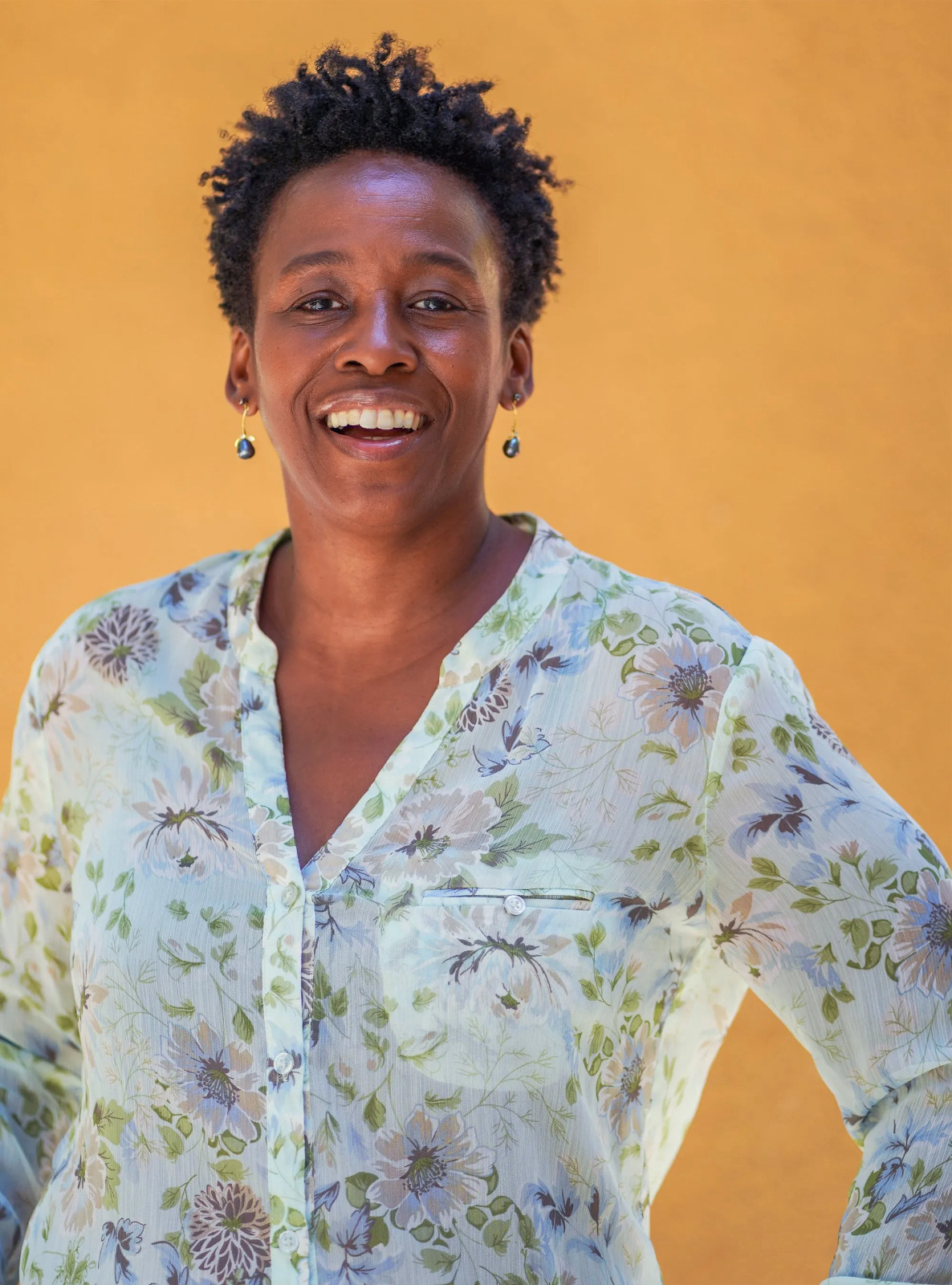
Stephanie Dinkins, artist and Stony Brook University professor
“The technological development I find most concerning as an artist is the increasing normalization of surveillance, especially when it’s cloaked in the language of optimization, or safety. Systems that claim to ‘know’ us based on data points, patterns, predictions, but don’t see the nuance, the contradiction, or the poetry in us. These technologies categorize us, reducing us to profiles that are legible to machines and systems of power, yet foreign to our lived experiences. Even more troubling is how often these systems are embedded in institutions that already fail us—justice, healthcare, education—amplifying existing inequalities while masquerading as progress.
And yet, I find promise and genuine opportunity in technologies developed slowly, intentionally, to redress our inequitable past and imagine the would-be. Those that invite us to co-create, to participate in the shaping of the systems that shape us. I’m drawn to the idea of a people’s data commons built on stories, on collective memory, on care. Imagine A.I. systems trained not just on clicks and extractive methods, but on oral histories, community wisdom, speculative futures. One that invites people into the process of its creation, not just its use.”
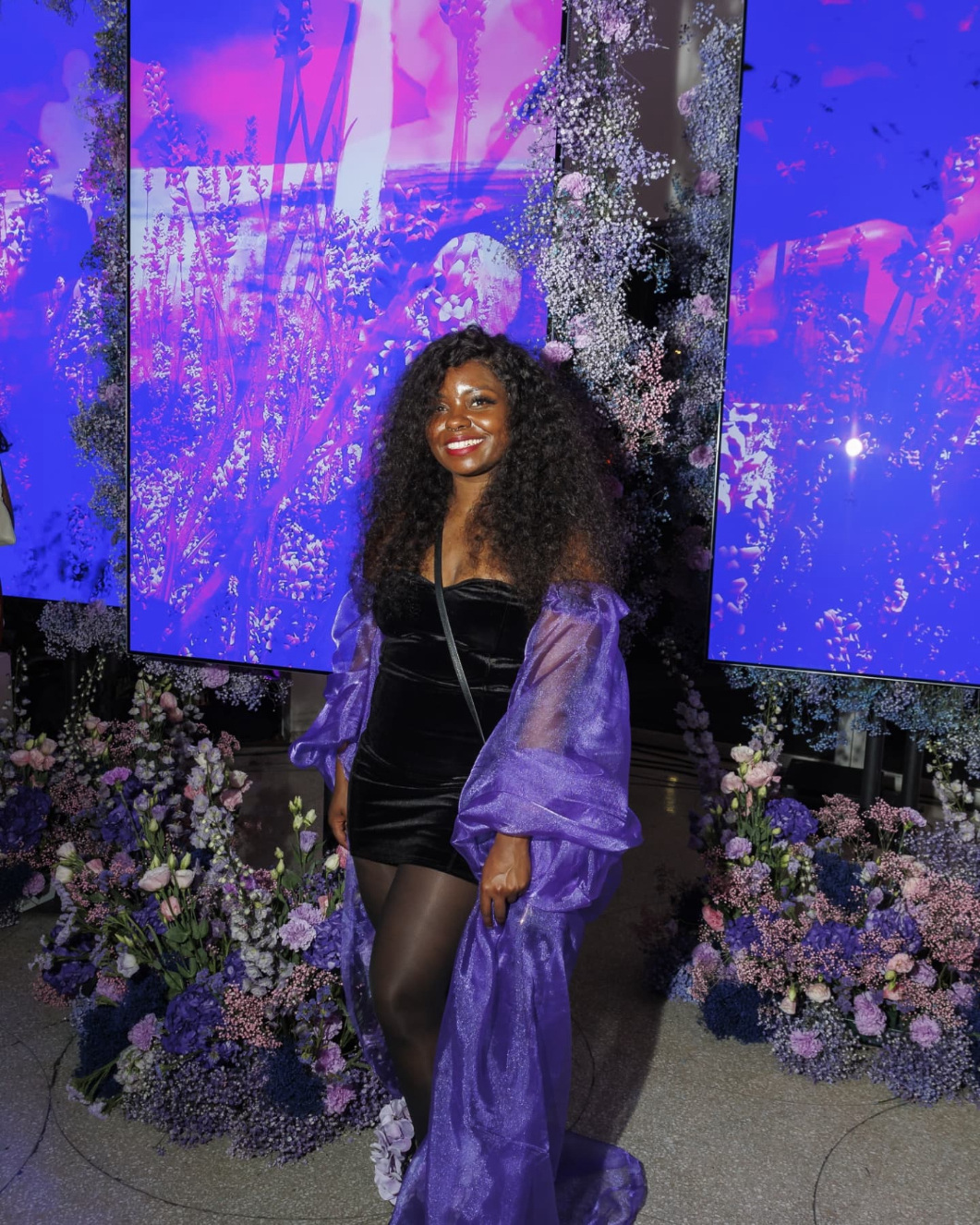
LaJuné McMillian, Artist
“First, any technology being used to reinforce systemic inequities. Next, any technology being used to reestablish our connections to ourselves and each other—without the use of extractive practices.”
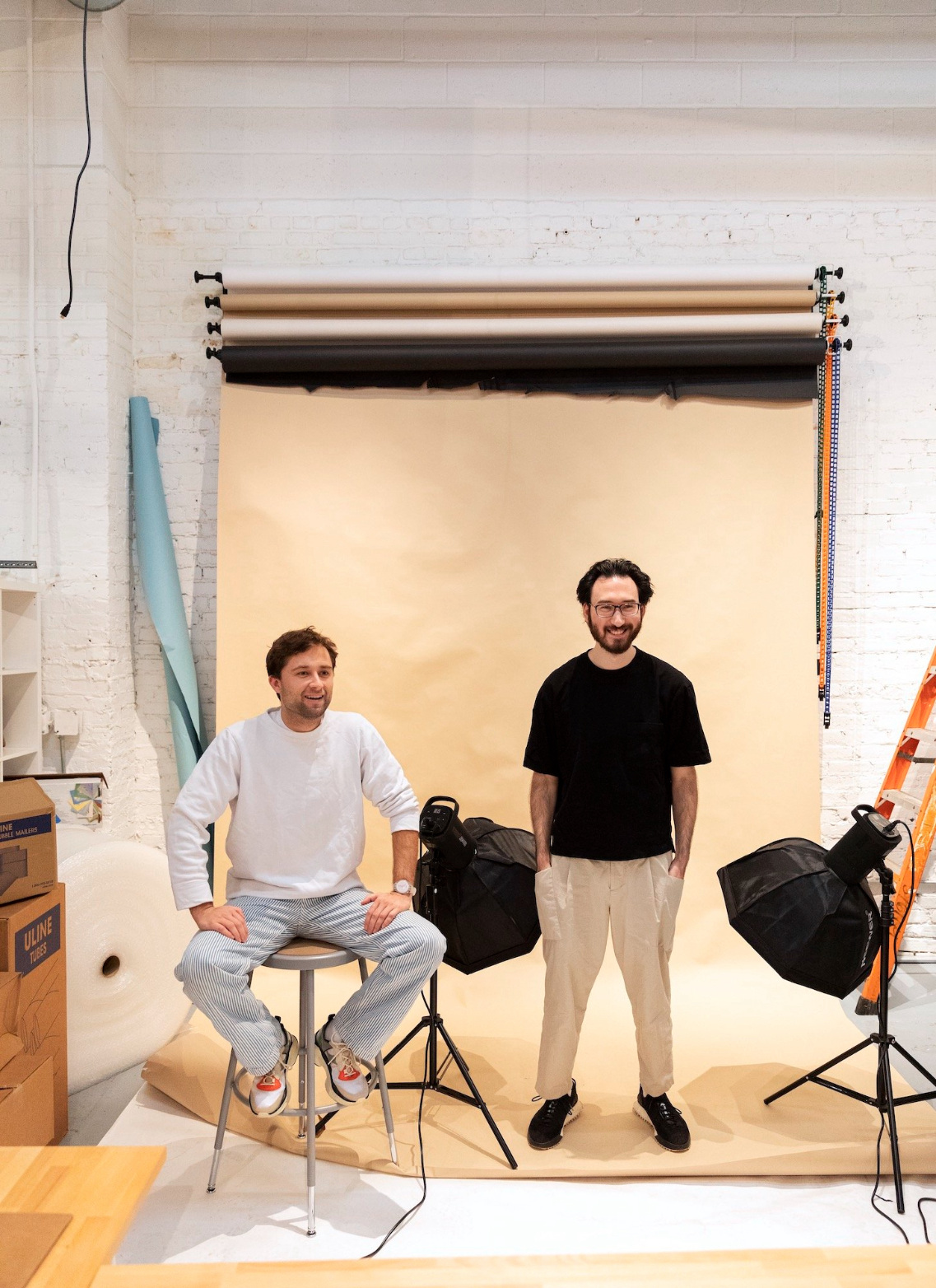
Lukas Bentel, MSCHF co-chief creative officer
“Most concerning? The way our attention is being drained. Some of the strongest and smartest people I know aren’t immune. What worries [us] most is that we’re losing the ability to sit with a thought, follow it somewhere strange, and build something that takes time. It feels like we’re becoming a population allergic to being bored. And if you grow up never being bored, never sitting with your own thoughts, how do you make something new?
Most promising? The same tools, flipped. One person can now do what used to take an entire studio. You can world-build at Disney-scale from your toilet. That’s exciting.”
Don’t Miss Studio DEMO: The Critics’ Table.
What is the future of art criticism in a rapidly evolving media landscape? What new forms might it need to take, and which traditions are worth maintaining? In this session, CULTURED Co-Chief Art Critics Johanna Fateman and John Vincler will be joined by artist and New Crits founder Ajay Kurian to explore the challenges that art criticism faces today, and how new paths forward might be charted. June 6 at 4:30 p.m.

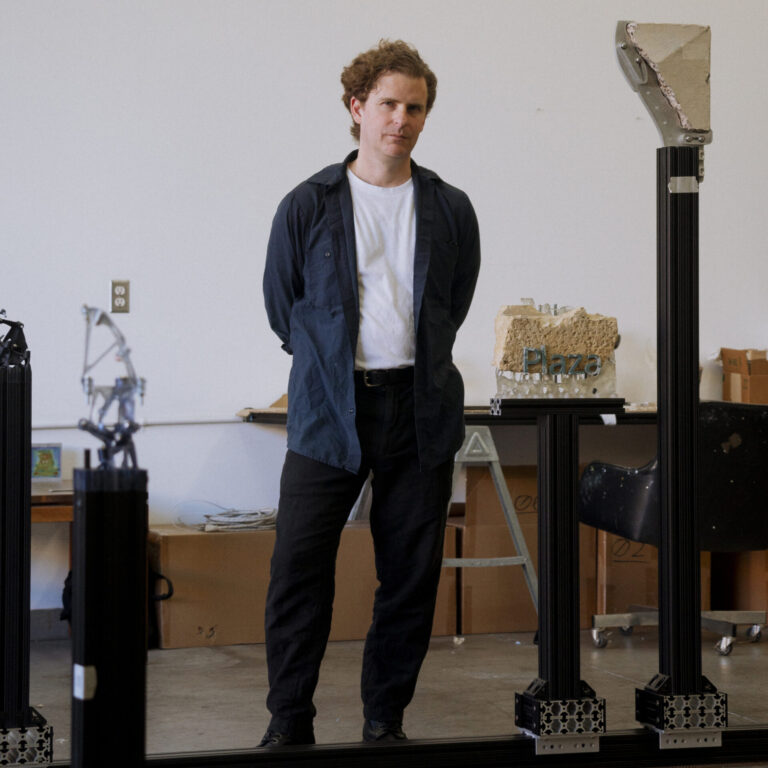
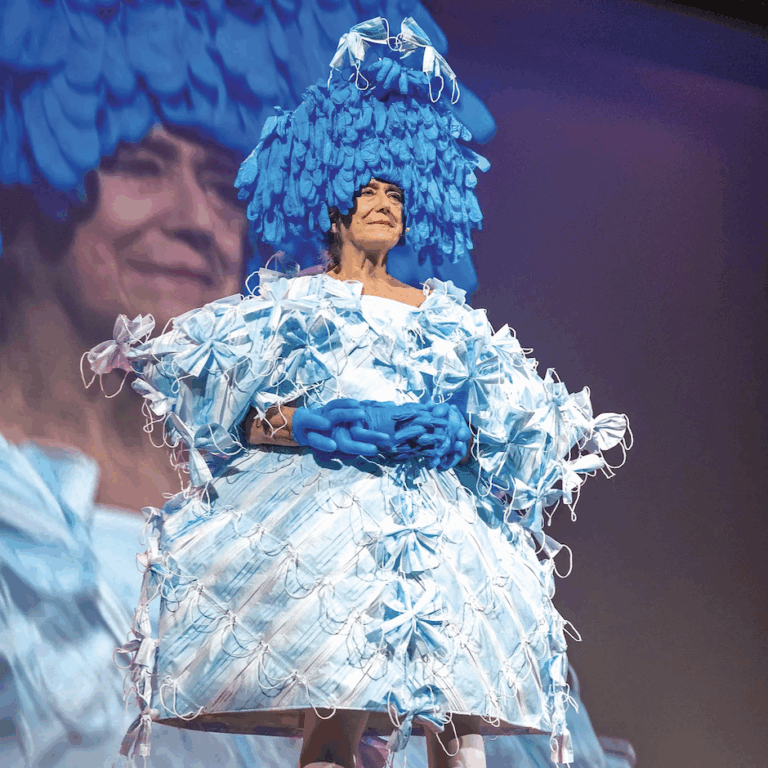
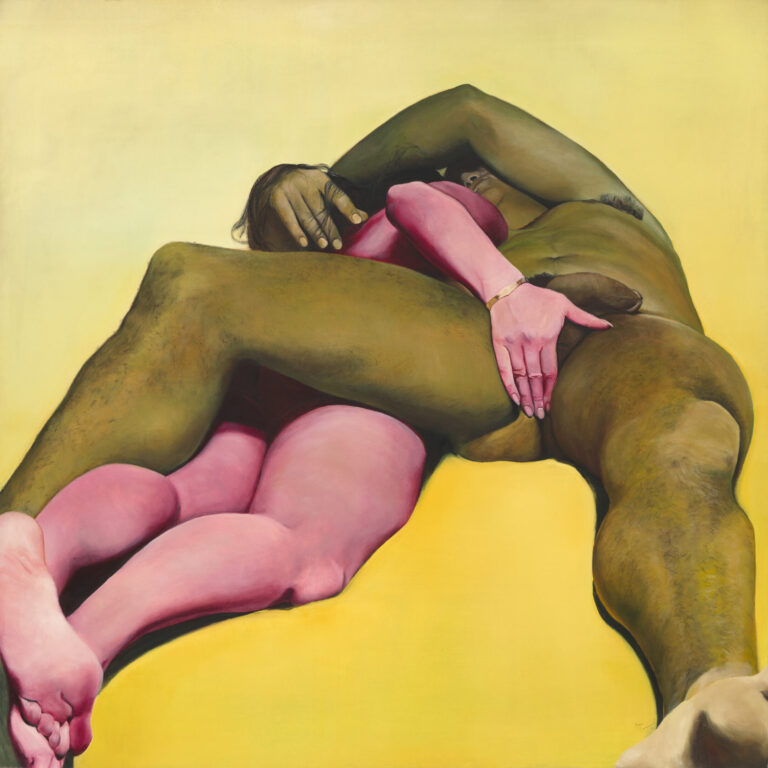
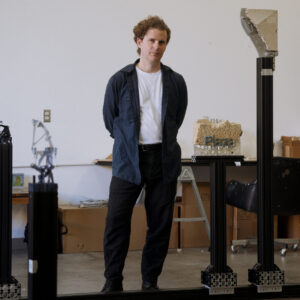
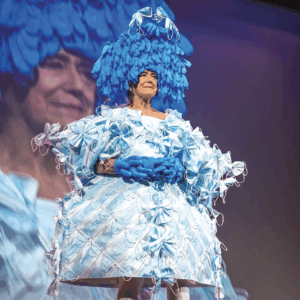
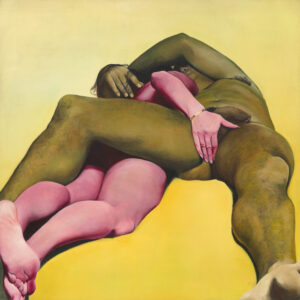



 in your life?
in your life?

